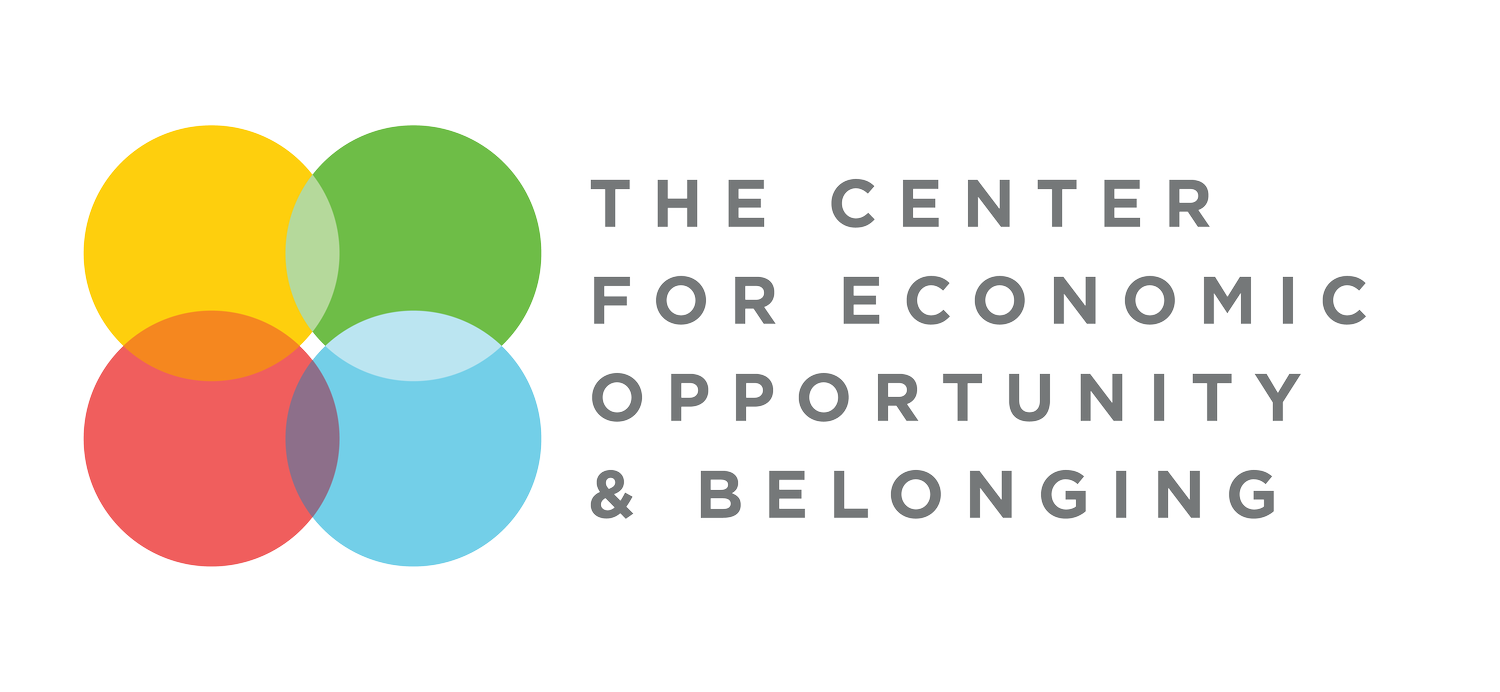Thought Piece: Nori Gomez
By: Noriadnys Gomez de Bybee
As someone who once navigated this country as an undocumented immigrant and now works with different organizations committed to advancing equity, belonging, and peace, I often return to the words of Dr. Martin Luther King Jr.:
“Whatever affects one directly, affects all indirectly… I can never be what I ought to be until you are what you ought to be.”
This is the heart of global citizenship. It is not merely a political or cultural identity—it is a moral posture. It asks us to recognize the dignity of every individual and to understand that our collective thriving is bound up in the well-being of those around us, especially those most often pushed to the margins.
Studying Sociology, immigration, and civil rights gave me a language for what I had already experienced firsthand: that the injustices of the past are not confined to history books—they are alive in our present systems. I came to be enamored with understanding how our laws, institutions, and public narratives have been shaped by both our nation’s triumphs and its deepest injustices. This academic foundation didn’t just help me identify the roots of inequality—it showed me that change is possible, and that justice requires intentional, informed action. It gave me the tools to imagine the creation of the Beloved Community where everyone can prosper and belong, and to dedicate a life to building it.
In my current role with the Center for Economic Opportunity and Belonging, I get to help support statewide innovations like the Utah Citizenship Initiative and CEOB’s partnership with the Governor’s Office for Global Talent. These efforts are not only about civic inclusion—they are about recognizing the full humanity of our immigrant and refugee neighbors and affirming that every individual belongs and has something to contribute to our great state. Whether someone was born in Utah or found refuge here, they are part of the “single garment of destiny” that binds us all.
What drives my work is a profound love for people and a belief that global citizenship—rooted in justice, belonging, empathy, and mutual responsibility—holds the key to a more peaceful and equitable world. When we embrace this moral obligation to one another, we stop asking, “Is this my responsibility?” and begin asking, “What kind of world am I helping create?”
When we embrace this moral obligation to one another, we stop asking, “Is this my responsibility?” and begin asking, “What kind of world am I helping create?”
We cannot prosper without one another. And we will not build a more just world until we believe—above all else—that each life matters just as much as our own.

